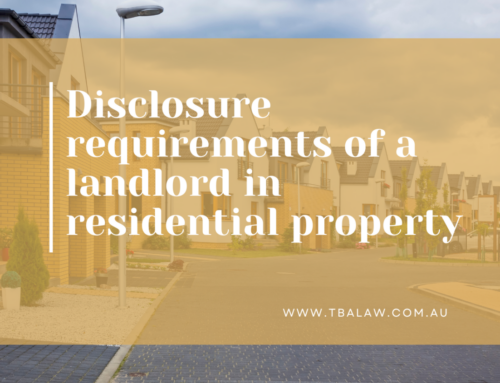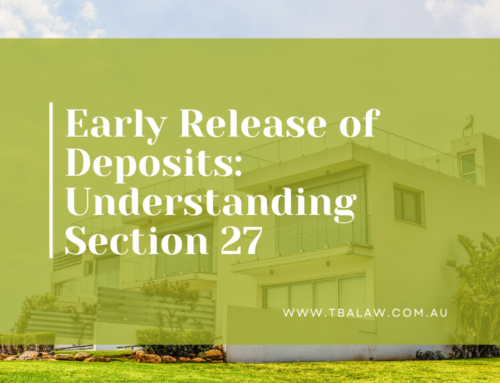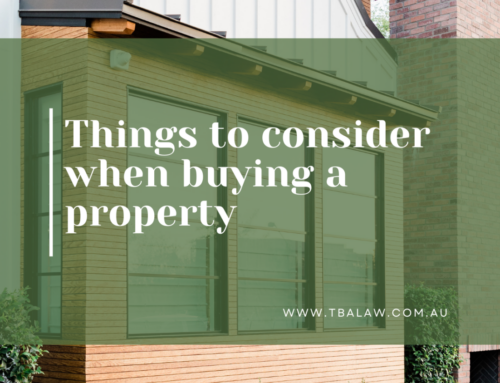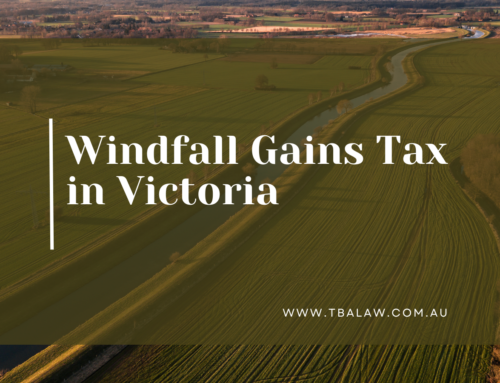AirBnB
Leases Series: Part One of Four
You will have had to be living under a rock not to have heard of a few of the latest USA imports which are disrupting industries. Uber is disrupting the taxi and ride-share industry, and AirBnB is disrupting the holiday rental and hotel industries.
AirBnB is an easy way to let a space out for people searching online for somewhere to stay. You don’t need a real estate agent to manage your holiday accommodation, and its quick and flexible. But when AirBnB has been introduced to some countries, it has been temporarily banned until the law could catch up to the service being provided – the primary reason because their system couldn’t collect the tax off such a service.
Tax is not the issue in Australia – the issue has mainly been around neighbours having problems with AirBnB tenants. A small number of AirBnB guests use the accommodation for parties, particularly in multi-unit apartment buildings in Melbourne CBD. This has caused quite a bit of litigation in the last couple of years to inadvertently try to manage the behaviour of some of these short-stay guests.
If you are an owner
There is generally no issue if you own a residential property, for you to become a host for AirBnB. If you are letting out a single room within your home, or whether you have put your holiday rental property onto AirBnB, this should be fine.
Issues arise in the following situations:
- If your residential property is part of a larger complex that has an Owners Corporation (body corporate);
- If the way your property is used does not comply with the Building Code; or
- If you breach zoning or planning use permissions with your local Council.
Some of the apartment buildings in the Docklands area in Melbourne, through the Owners Corporation, have taken unit owners to VCAT, and further in litigation, from letting their units to AirBnB. The Owners Corporations have tried to claim that their insurance will not cover AirBnB guests in common areas, and the AirBnB guests tend to cause more damage to common areas thereby costing the Owners Corporation more. Basically, the issues stem from unit owners that live in their units not liking the behaviour of short-stay guests, so they are trying to find a way to ban units in their complex from being let through AirBnB. So far litigation has not been successful, because Owners Corporations have been deemed not to have the power to make rules about how unit owners use their units (so they are allowed to let them to AirBnB). But the government is currently considering some proposed legislation that will change this.
 If you are letting your property out as a holiday rental through AirBnB, then you should consider any additional Building Code requirements, such as additional smoke detectors and evacuation plan notices around the house.
If you are letting your property out as a holiday rental through AirBnB, then you should consider any additional Building Code requirements, such as additional smoke detectors and evacuation plan notices around the house.
Finally, before you let your property our through AirBnB, just check with the Council that the zoning allows for it. If you only use your property as a holiday rental or short-stay accommodation, you are undertaking a commercial venture, but so long as the use of the property still complies with the zoning then you should be fine.
If you are a tenant
If you rent a residential property, but you want to make some extra money from renting out a room on AirBnB, or you want to go away for a couple of weeks and make your house available on AirBnB, you might have to think pretty hard before you do this.
A recent case in Victoria just went to the Supreme Court, where the landlord took her tenant to VCAT and then appealed to the Supreme Court, because her tenant was renting the property out through AirBnB. This was found to be a breach of the residential lease between the landlord and the tenant, because the tenant was technically sub-letting the property without the landlord’s consent.
The moral of the story: the law never keeps up with innovation, but existing laws can often be adapted to apply to new situations. So think about consequences before you jump into something new.





Leave A Comment